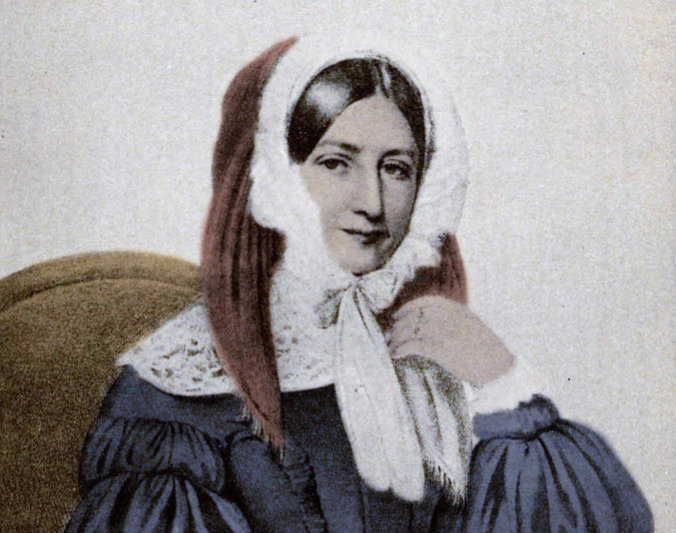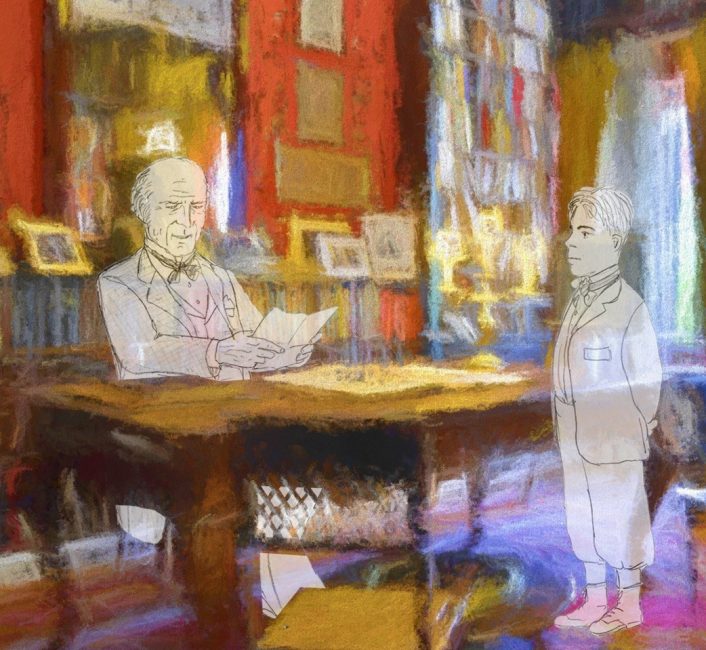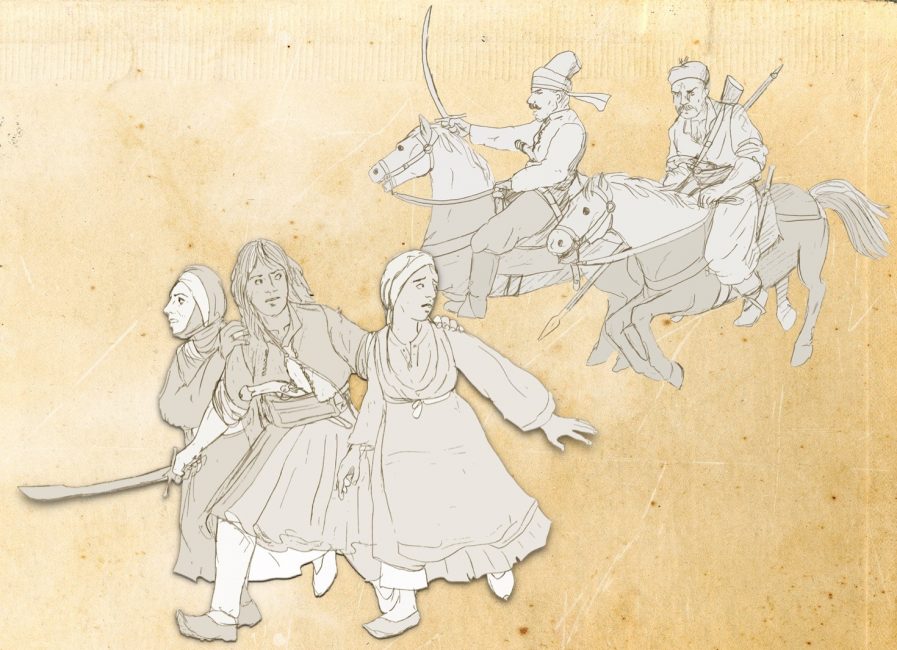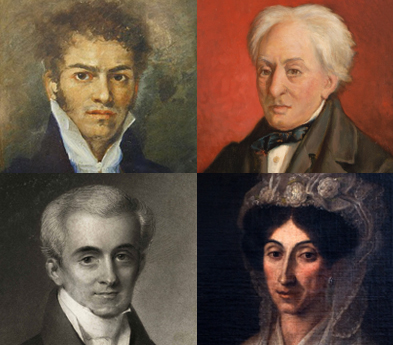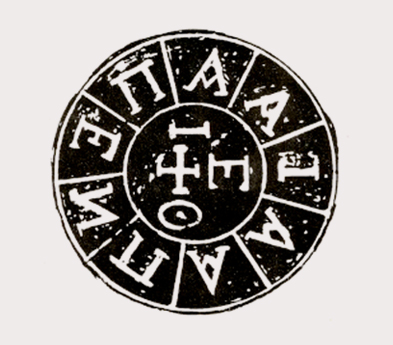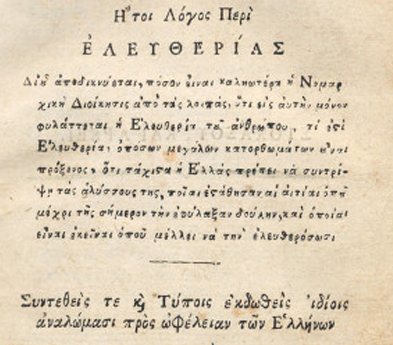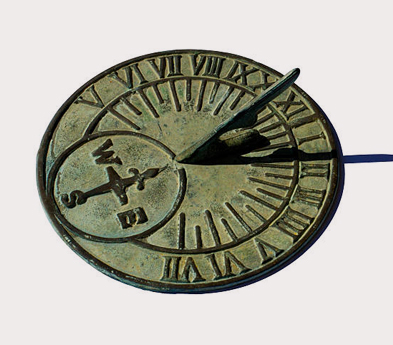The three videos in this section explore, each from a different point of a view, the theme of homeland. Some some it was a dream conjured up on the eve of the Greek Revolution; for others it took shape through their involvement in the battles against the Ottomans. Many saw their hopes translate into a new state, others saw their world shatter.
Vision of a homeland: Ioannis Capodistrias and Roxandra Stourtza
Following their first meeting in St Petersburg, Ioannis Capodistrias and Roxandra Stourtza would meet again in Vienna in 1814, on the side lines of the conference that brought together representatives of all the European powers, in the wake of the Napoleonic Wars. Their correspondence reveals the mutual respect and deep friendship they felt for each other. The future of their ‘homeland’ was very much on their minds. This homeland did not yet have a geographical designation, it was more an idea related to the Greek language, their common Orthodox faith and the cultural heritage they felt they shared, despite their differences in education and background.
An Ionian revolutionary: Giambattista Theotoki
The ideas that sparked the Greek Revolution were not unfamiliar to the Ionian Islanders. Since the time of the French Revolution, the area of the Ionian had experienced the shift to a new political regime, when the Republican French took control of the islands, following the fall of the Republic of Venice. Concepts such as homeland, freedom, equality, the citizen, and civil rights found a place in the everyday vocabulary of the Ionian Islanders. In 1821, when the revolution broke out, the Ionian Islands were under British domination and the authorities tried to prohibit the islanders from getting involved in the hostilities on mainland Greece: Epirus, the Peloponnese, and the Aegean islands. Through his diary, Giambattista Theotoki left us an account of an Ionian Islander who joined the revolutionary Greeks, despite the threats of the English administration.
The price of freedom: refugees from the Struggle in Corfu
During the years that led up to the Greek revolution, the Ionian Islands bore witness to the conflict in the Peloponnese and Eprius and took in refugees from Souli and Parga; people who were mourning relatives, had lost their houses and land, and who were forced to abandon their home. Also, during the revolution, while the Ionian Islands were under British control, they continued to provide sanctuary for refugees. The siege and fall of Messolonghi, as recounted in the poetry of Dionysios Solomos, brought a new wave of the displaced. Ioannis Capodistrias tried to gather funds for the refugees through philhellenic committees while he was in Europe. And also as First Governor of Greece, after 1828, he acted to provide care for those who had sought refuge in Aegina, following the catastrophe of Psara and the fall of Athens.
